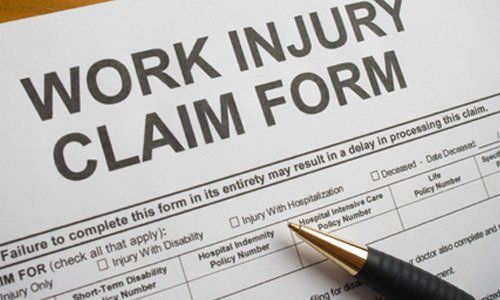HR Director Exposition: The True Story of an Iowa HR Hiring Nightmare
Disclaimer: The following is based on real events. The names and details have been altered to protect the
identities of the individuals involved.

Tim nailed his job interview. He arrived on time, was appropriately dressed, was pleasant, and through conversation, demonstrated that he had the experience the hotel needed to fill its open maintenance position.
“Why are you looking to make a career move from working maintenance for an apartment building to a hotel?” the HR manager asked Tim.
“I’m at a place in my career where I’d prefer to work indoors,” said Tim with a smile. “And I like the fact that I could use the elevator to carry tools up to rooms on the upper floors, rather than walking up and down stairs all day.”
The HR manager looked at Tim’s résumé. It seemed like a reasonable career aspiration after 25 years of working in maintenance. The position had been open for weeks. With Iowa tied for the ninth-lowest unemployment rate in the nation at the time and the difficulty, the HR manager was experiencing hiring qualified talent; it was a relief to fill the maintenance job with a candidate with Tim’s experience. Plus, the corporate office would be pleased to know that the position was no longer open.
The HR director offered Tim the position at the rate of $18.75 per hour to work Monday through Friday, and to be on call on weekends. Tim passed his drug screening and started the following Monday.
In the first few weeks of having Tim on board, he proved to be a reliable employee. He clocked in on time, maintained a positive attitude, and quickly developed a pleasant rapport with his co- workers. Perhaps most importantly, thanks to his years of maintenance experience, Tim was able to fix issues quickly. In only a few weeks, the hotels’ overall maintenance expenditures were lower than other hotels in the franchise, which earned even more satisfaction from the corporate office.
Then, without warning, the dream hire became the nightmare employee scenario—the one that no HR manager wants to experience.
It was a Tuesday morning when Tim radioed the front desk that he had slipped and fallen while carrying a box of cleaning supplies to storage. By the time the HR manager reached Tim, he was unable to move his right leg. Laying on the ground with pool supplies scattered around him, Tim clutched at his swollen knee, groaning in agonized pain.
What Tim failed to reveal during his job interview, were the multiple surgeries and issues he had with his right knee. Since he was not asked about his health history (employer legally can’t) and wasn’t asked to complete a post-offer employment strength test, the health limitation went unnoticed until it triggered a costly workplace accident.
Tim’s medical assessment revealed that he needed a knee replacement. Over the next six months, Tim was unable to work at the hotel. He sought opinions from multiple specialists before ultimately deciding on a date for a knee replacement. Recovery from the surgery took yet another month.
While Tim was a reliable employee during his brief tenure at the hotel before his accident and even helped the hotel reduce regular maintenance costs, his ultimate financial toll was significant. During the seven months that Tim was unable to work after his accident, the hotel paid him workers’ compensation. Tim’s lawyer also fought to ensure the hotel paid for Tim’s knee replacement in its entirety, even though Tim incurred the damage that triggered his workplace accident long before he was a hotel employee. In essence, the hotel was paying for work and lifestyle choices that Tim made while employed by his previous employer. Tim’s lawyer also insisted that the hotel financially compensate Tim until he could pass a physical exam and return
to his job.
In these real events, the hotel made a critical but common mistake: In its rush to fill a vacancy, it did not take proper precautions to ensure that Tim was fit for the job. Had the hotel required Tim to obtain a post-offer employment strength test, the process likely would have revealed the vulnerability of his knee. As a result, the hotel would have realized that, despite his vast experience, Tim simply could not safely complete the work required of him in the maintenance position.
The Physical Capacity Profile (PCP) test is a comprehensive collection of multiple strength test measurements that can be completed by a trained facilitator in as few as 20 minutes. The PCP delivers objective medical test results to HR personnel in mere minutes, ensuring the continued expediting of the applicant review and hiring process. The PCP can also be used for return-to-work evaluations. When an employer needs to validate that an injured employee has recovered and can continue to fulfill work duties to the same safety standards as before the injury, the PCP can reassess if the employee has lost strength or physical ability compared to their capabilities before the accident.
The PCP is EEOC, HIPPA, and ADA compliant and has been in business since 1988. The PCP is EEOC, HIPPA, and ADA compliant, and the company has been in business since 1988. The PCP has a network of medical providers in over 130 locations across 18 states in addition to the employers that have the PCP for their private use inside of their own facilities.










